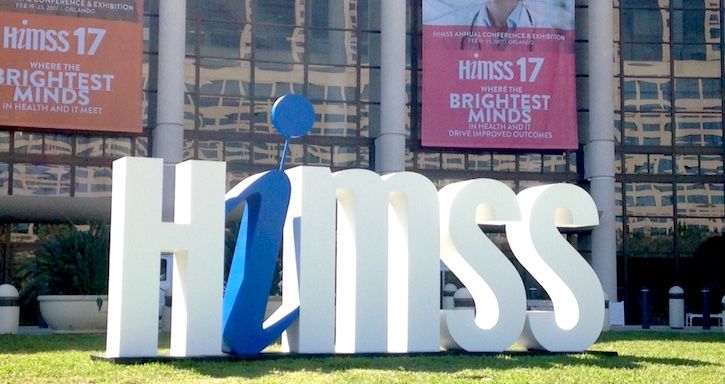Trivalent Unveils New Data Protection Service for Healthcare Enterprises
Trivalent has released a new encryption and file shredding technology, Trivalent Protect, at the HIMSS17 meeting. The new service, which works with the Windows OS, uses AES256 bit encryption and was labeled as the "next-generation" of data protection by the company.

Trivalent has released a new encryption and file shredding technology, Trivalent Protect, at the HIMSS17 meeting. The new service, which works with the Windows OS, uses AES256 bit encryption and was labeled as the "next-generation" of data protection by the company.
"With this technology, healthcare organizations can now effectively control their data on any Windows OS device at all times, providing freedom to operate without risk of non-compliance or data theft," said Jyoti Wadhwa, VP of Marketing at Trivalent.
Trivalent Protect offers a “seamless” and “scalable” way to protect data that is compatible with Windows 7, 8, and 10, without “full disk” methods, according to a statement from the company. It calls its proprietary process "Data Alchemy," which it said provides file encryption, data shredding, and storage that alters the data properties in a way that makes them unusable to hackers. Trivalent said the design is certified by the National Information Assurance Partnership.
Breaches are a growing problem, as a patient’s healthcare data is considered more valuable to hackers than a bank account number because the data are richer and can be more fully exploited. In fact, a variety of talks at HIMSS17 focused on the growing issue of data breaches, calling for the need to ensure adequate data security to avoid fines from the Office of Civil Rights (OCR). With this growing threat, health enterprises are now faced with even more obstacles, as they try to meet patient safety requirements and regulatory compliance, such as those under HIPAA, HITECH, or PCI-DSS.
A 2015 survey found that 80% of health systems had been affected by a breach, making accreditation and security higher priorities for regulators. A huge breach of Anthem, reported in February 2015, affected more than 90 million people. In 2016, there were 316 reportable healthcare data breaches, with 500 or more patient records affected.
To date, there has been more than $30 million paid to the OCR in fines related to data breaches, and this number only continues to increase, with 2017 being a banner year for health IT data breaches. In fact, out of all the breaches record by CMS, 17% occurred during 2016, setting the benchmark for even greater data theft in 2017.
Trivalent Protect hopes to ameliorate some of the damages associated with these thefts by rendering the data useless to hackers. The system is designed to block potential breaches at multiple points, including theft or loss of a mobile device or a laptop. Both health information and personal identifiers are protected in connected and disconnected modes, according to the statement.
The new product was demonstrated at the HIMSS17 meeting. A webinar, sponsored by Trivalent, is planned for March 22, 2017, to discuss healthcare data security and privacy protection, which will include information on the new service. This webinar will include perspectives from Marco Polizzi, from Delta Cyber Security Systems, Joe DeWenter, from Getac, and Yiannis Vassiliades, from Trivalent. To view more about this webinar, click here.